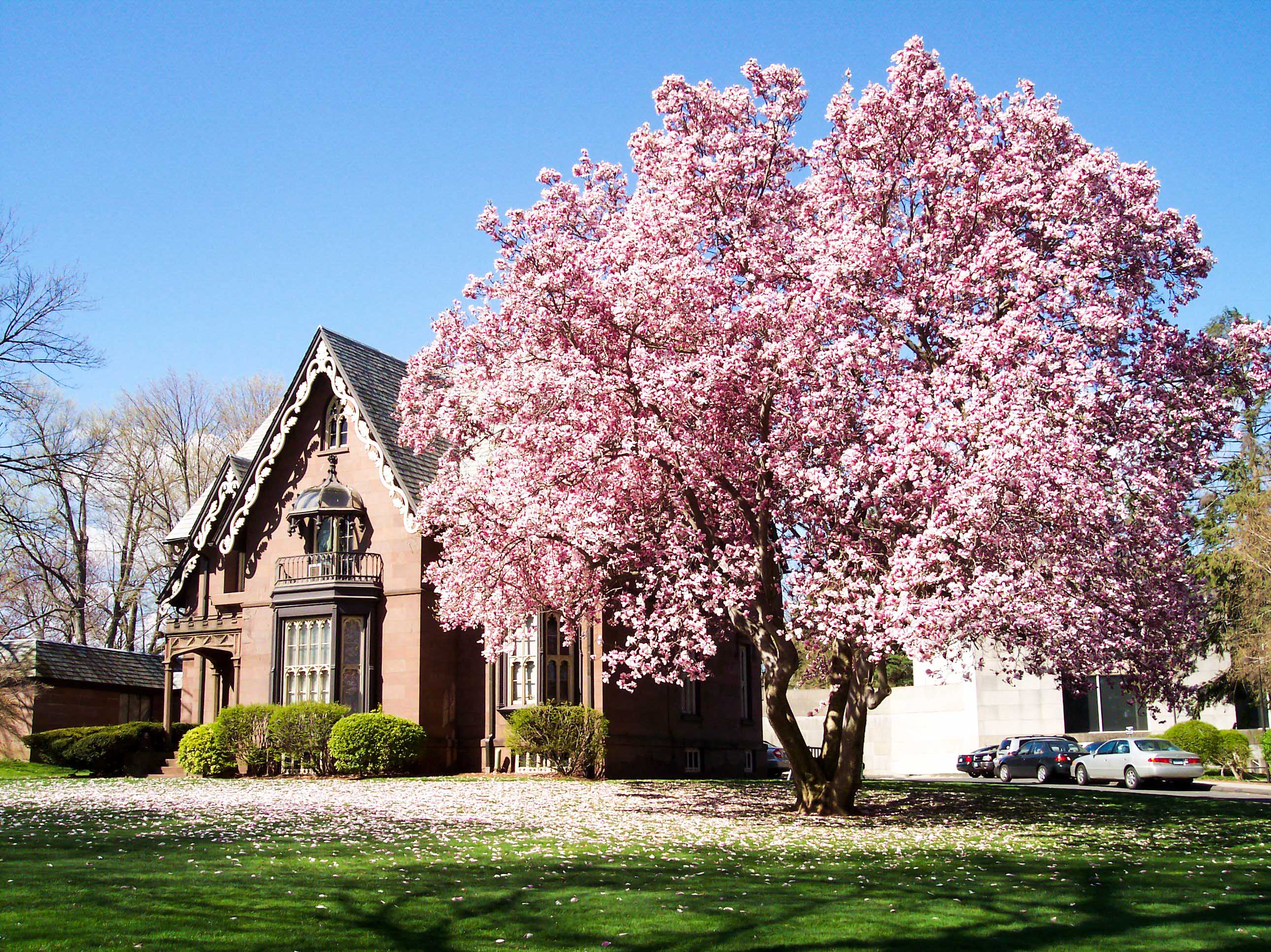
Yesterday marked the start of the penultimate week of the Wellness Experience, a series of events organized by WesWell—in partnership with several other University departments—to help promote the health and well-being of University students.
The program will last four weeks in total, with each week centered around a different facet of wellness. The first week, which coincided with the first week of the fall semester, focused on social wellness. This week included a variety of events aimed at helping students foster healthy interpersonal relationships, ranging from large campus-wide activities to individual challenges. On September 5, interested students were given the opportunity to participate in an all-campus Bystander Intervention Training, and on September 7 the Student Groups Fair—an opportunity for students to browse University extracurricular groups—took place. The week also included smaller scale activities and challenges such as No Phone Day on September 8, during which students were encouraged to go without cell phones for the day.
The second week of the Wellness Experience focused on emotional wellness. Many of the events during this week were organized alongside the University’s Counseling and Psychological Services Office (CAPS), such as a Mindful Action Workshop held on September 10, a Mindful Eating Workshop held on September 12, and a Healthy Relationships workshop held on September 14. Students were also given the opportunity to meet with Director of the Office of Survivor Advocacy and Community Education (SACE) Johanna DeBari on September 11 and to check in with CAPS staff members on Facebook throughout the week.
The third week of the Wellness Experience, which began this Monday, will focus on physical wellness. Yesterday evening, WesWell hosted an Opioid and Narcan Education Workshop to help educate students on the drug epidemic facing the Middletown community. This Wednesday, student organization Adolescent Sexual Health and Awareness (ASHA) will be hosting a workshop on sexual health and communication, and on Thursday Wellbeing House is hosting a cooking demonstration focused on healthy eating.
The Wellness Experience will conclude next week with a week centered around spiritual wellness.
Planning four weeks’ worth of activities requires a great deal of coordination, both within the WesWell office and between WesWell and other departments on campus. Simone John-Vanderpool ’20, WesWell’s Wellness Intern, discussed some of the logistical aspects of planning the program with The Argus.
“Since we have interns in five different areas—Physical Health, Bystander Intervention, Alcohol and Other Drugs, Wellness, and Sexual Health—activities that would be promoted or coordinated by the interns in their corresponding areas have been matched up with each of the wellness weeks,” John-Vanderpool said. “There is also a lot of back and forth between the interns, the director Seirra [Fowler], and other offices associated/affiliated with WesWell and with health at Wesleyan in general, so ideas are exchanged across different student organizations or parts of WesWell as well.”
Although promoted primarily by WesWell, the Wellness Experience was a collaboration between several different departments and organizations on campus. Director of WesWell Seirra Fowler explained the program’s lengthy planning process.
“All the departments involved in and supporting and planning the Wellness Experience have been meeting for the last year,” Fowler wrote in an email to the Argus. “Discussing ways to highlight the resources and support available to students and planning events and activities for students to feel better connected to themselves and the campus community.”
Jenna Sneifer ’20, the office’s Alcohol and Other Drugs Intern, also explained the collaborative nature of the Wellness Experience.
“The Wellness Experience has mostly been spearheaded by Seirra,” Sneifer said. “But as you can see from looking at the Wellness Experience calendars, we’ve promoted events hosted by other groups and offices on campus such as UCAB, the SACE office, and ASHA. A lot of our events during emotional wellness week were done in partnership with CAPS as well.”
The Wellness Experience has been held in past years, but prior versions of the program have taken place during the spring semester instead of in the fall. Fowler explained the decision to move the Wellness Experience to the beginning of the school year.
“We decided to change the Wellness Experience from Spring to Fall semester, specifically the first month of the Fall semester because that is a time in which many students, especially freshman, are going through a transition period were they are still learning and discovering their surroundings and may not know many people,” Fowler said. “We wanted to provide activity options that are safe, fun, get people out and about but also provide options for more introspection. When the Wellness Experience was done before, it was only marketed to a limited group of students. Those students who participated in the Wellness Experience activities reported lower levels of depression and anxiety…compared to students who did not participate. For this reason, we wanted to open the Wellness Experience to the entire student body.”
Tara Joy can be reached at tjoy@wesleyan.edu.


Leave a Reply